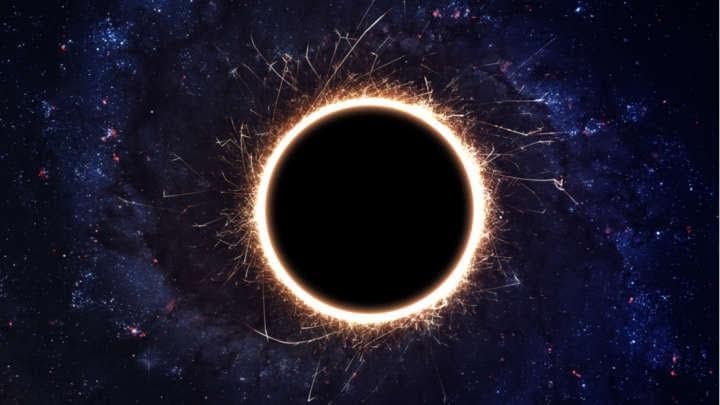 Many cosmologists agree that the Universe is flat and can expand indefinitely. Others theorize that the Universe will one day end. Perhaps the most logical answer is that when all the stars come to the end of their lifetimes, the Universe will end just as the light will end, and everything will be covered with darkness.
Many cosmologists agree that the Universe is flat and can expand indefinitely. Others theorize that the Universe will one day end. Perhaps the most logical answer is that when all the stars come to the end of their lifetimes, the Universe will end just as the light will end, and everything will be covered with darkness. Perhaps the Universe will not end there if other ways of survival exist . Some believe that as the Universe expands, it will begin to cool and therefore life will end. This theory is called the Great Freeze .

Another popular scenario suggests that our Universe will stop expanding and actually reverse this process. When this happens, the Universe will collapse again, leading to a reform that will likely begin with another Big Bang . This scenario is called Big Crunch .
A third popular theory is called the Big Rip . This theory states that everything, including atoms, will break into pieces. It will occur when theoretical energy known as dark energy becomes stronger than that of gravity. Whatever the case, what is certain is that these doomsday scenarios will not happen for billions of years.
Where Does Space End?
Space does not end because it is constantly expanding, faster than the speed of light. From our point of view, space ends about 93 billion light-years from us, but that's not the end of the Universe. We can only see how far.
Will the Universe Last Forever?
Whether the universe will go on forever is unknown, but we most likely won't even be there to see it. We do not currently know whether the Universe will stop expanding and what that would mean if it did.
Everything in the universe is in motion and many celestial bodies such as galaxies seem to be moving away from us. Maybe this is the true end of the Universe, everything will be so far apart that nothing can be reached anymore and it can no longer be concluded that nothing is the Universe, because everything will be so far away that we will not even be aware of it.
Do you know?
- About 550 people went to Space, and only three of them died in accidents.
- The smallest thing we know in the universe right now is the atom.
- The biggest thing we've discovered so far in our universe is the Hercules-Corona Borealis Great Wall of China. It is a supercluster about 10 billion light-years across.
- Many believe that our Universe is just one of a series of separate universes collectively known as the multiverse.
- The word cosmos rather than universe implies seeing the Universe as a complex and ordered system or god – the opposite of chaos.
- Although the Observable Universe is 93 billion light-years, our galaxy, the Milky Way, is only 100,000 light-years in diameter. It will take endless generations to explore our galaxy, let alone the Universe.
- Another ancient structure is the galaxy supercluster known as the Hyperion Supercluster. This celestial body has more than four quadrillion solar masses, and many estimate it formed just 2 billion years after the Big Bang.
- Universe means "whole" and comes from the Latin word "universes".

